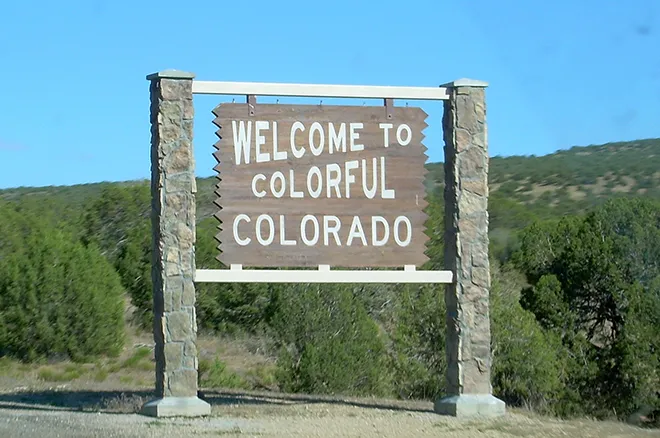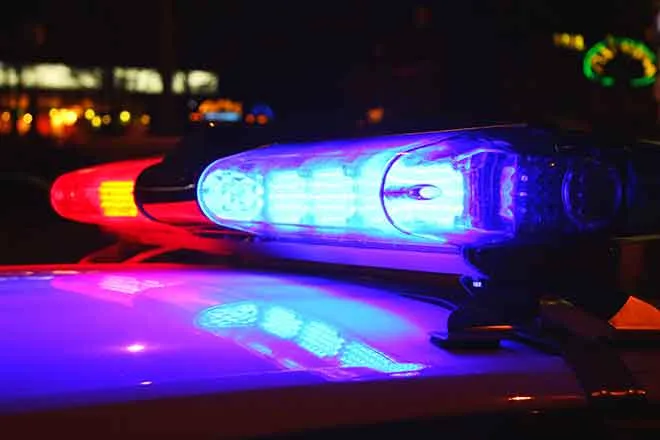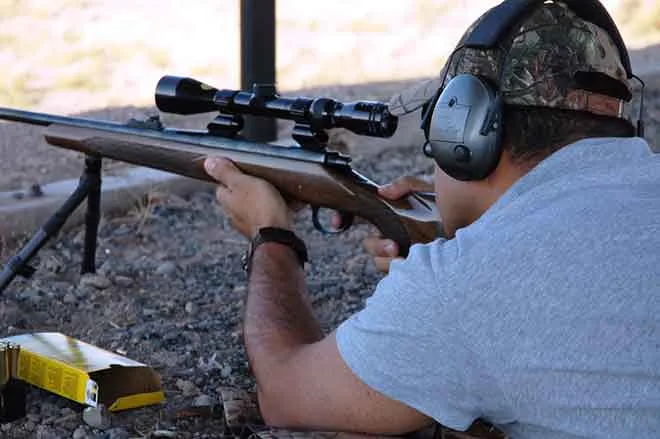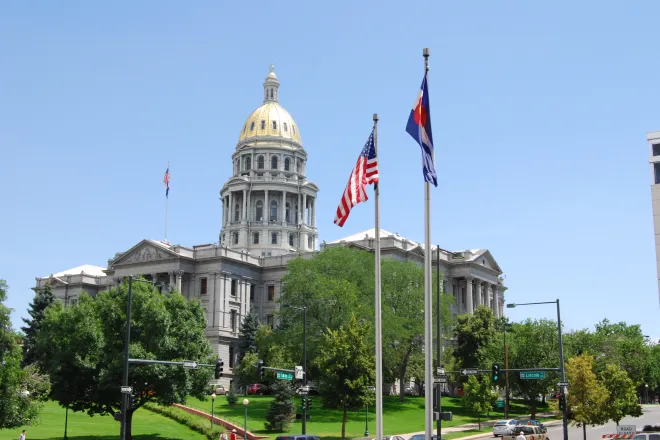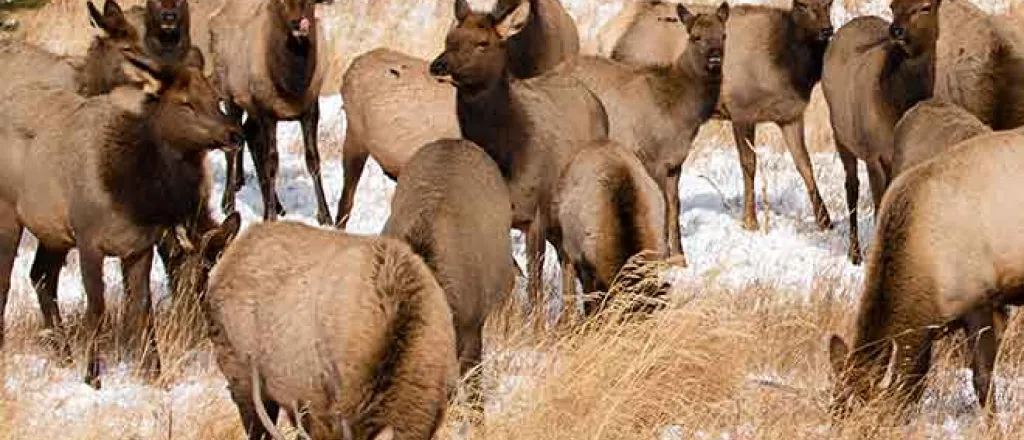
Utah officials investigate illegal killings of game animals
Click play to listen to this article.
(Utah News Connection) A Utah wildlife expert considers wild animal poaching to be a significant problem in the Beehive State, following several incidents of game animals being killed and then left to waste.
According to the Utah Division of Wildlife Resources, four deer were killed in the Woodland Hills area of Utah County late last year. The heads were removed from each deer, and the carcasses were left. More recently, the division discovered a cow elk and 18 geese dead in Emery County.
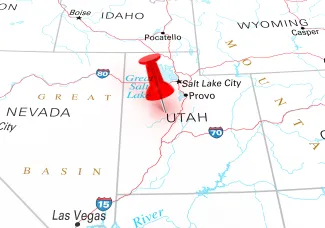
Capt. Chad Bettridge, law enforcement officer for the Utah Division of Wildlife Resources, said the hunters responsible for these killings could be charged with a felony.
"Three very different circumstances and potentially even more than that," Bettridge noted. "We are not 100 percent sure that all the deer in Utah County were tied together, but they were in such a location and were similar in circumstance that it does kind of feel like they were maybe done by the same people, or at least related."
Bettridge encouraged anyone with information which could be useful to contact the division by using their law enforcement app. It allows you to send text messages, photos and GPS locations of any situation you think might be illegal. You can also use their 'turn in a poacher hotline,' at 800-662-3337.
Bettridge pointed out in the past five years, the number of animals killed illegally has ranged between 1,000 and 1,400. He added Utah is a big state, and as he put it, the agency does not have "an incredible amount of officers" to cover the vast landscape. When they're fully staffed, there are about 50 officers in the field to investigate reports of animal killings.
"For example, the cow elk in Emery County, that cow elk was shot during a time that it could have been a legal season for cow elk," Bettridge recounted. "However, only a small amount of the meat was taken from the carcass and everything else was left to waste, which makes it illegal, even if you had a license to legally kill that elk."
Bettridge acknowledged the majority of hunters and fishermen are doing the right thing, but said there are bad actors out there. He added the division depends on the public to help by reaching out if they come across something potentially illegal and in need of a closer look.

